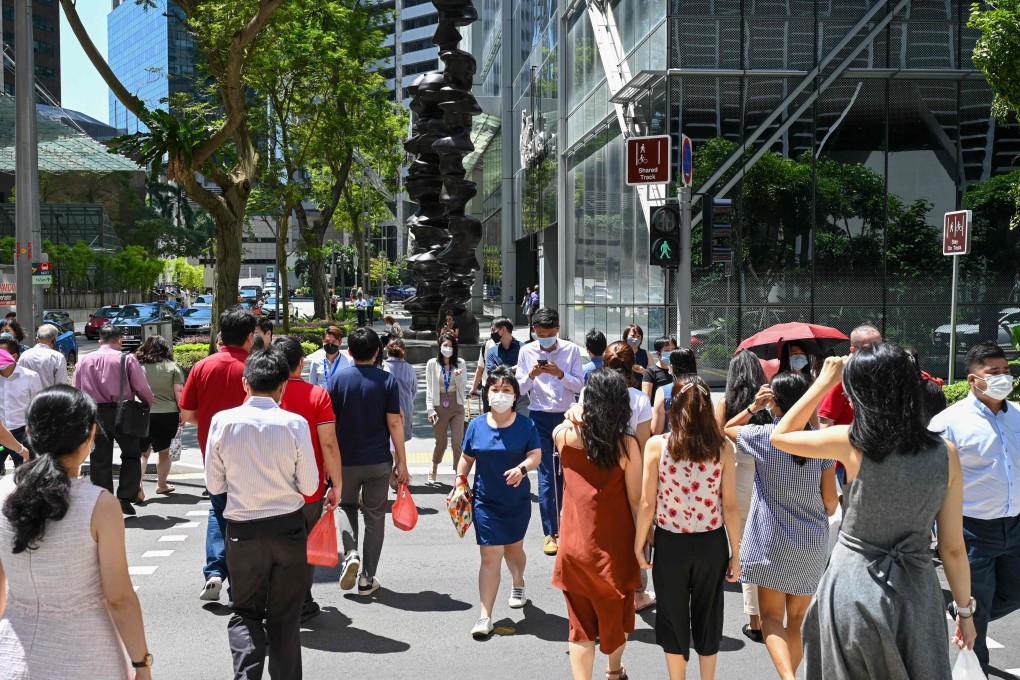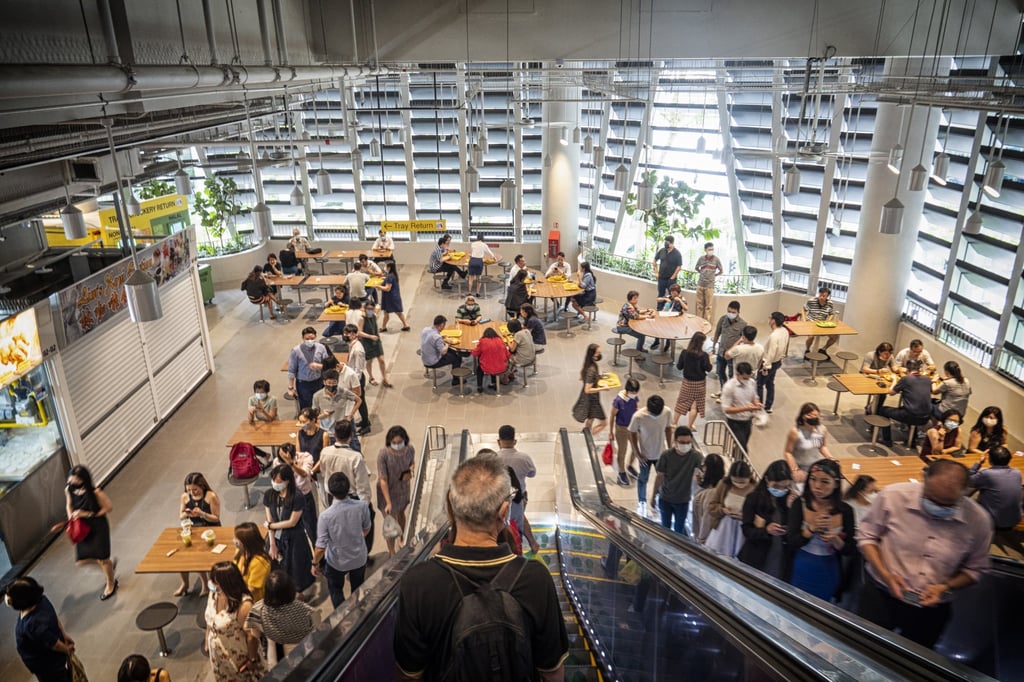Hong Kong retail rental market to sink while Singapore’s swims thanks to quarantine-free tourist arrivals, end of Covid-19 restrictions
- Analysts predict rents for retail properties in Singapore will rise by 1 to 2 per cent this year, while Hong Kong will see a decline of between 5 and 15 per cent
- The Hong Kong market will not fully recover until the return of tourists, who account for up to 40 per cent of retail sales historically

Singapore and Hong Kong’s retail property segments are likely to see opposite fortunes this year, with the Lion City gaining an upper hand as it eases most Covid-19 restrictions and welcomes tourists back to its shores.
Rents of retail properties in Singapore are likely to rise by 1 to 2 per cent this year, while Hong Kong will see a decline of between 5 and 15 per cent, according to analysts.
The Southeast Asian financial hub has lifted travel curbs, done away with limits on gathering sizes, allowed employees to return to offices, resumed live performances, and reopened nightlife businesses.

In contrast, Hong Kong’s retail segment is likely to languish further, with the city sticking to strict quarantine procedures, even as it opened its doors to non-residents. Hong Kong still requires a seven-day quarantine for all international arrivals, deterring both business travellers and tourists.
